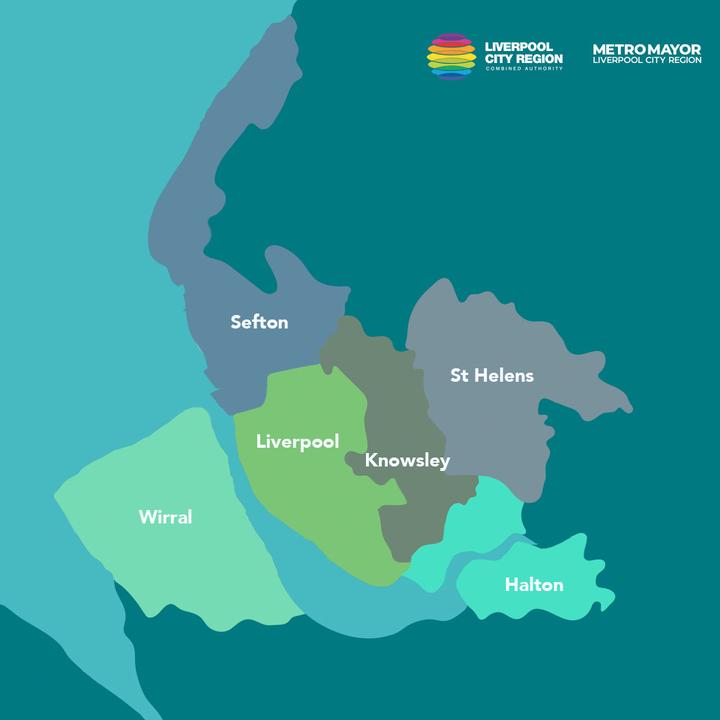Understanding drivers of support for English city-region devolution: a case study of the Liverpool City Region

Abstract
Metro mayors heading a combined authority represent the most recent innovation in English devolution. City-region devolution has been a key way in which successive Conservative governments have sought to boost local economic growth against a background of local authority austerity, and now form a part of the Johnson government’s ‘levelling up’ agenda. However, the perspective of voters is often overlooked in these debates. City-region devolution is a top-down innovation, with a focus on city-region economics rather than democratic renewal or engagement, and there is so far very little academic literature on identifying the drivers of public support for mayoral combined authorities. This study draws on survey responses of voters in the Liverpool City Region and explores a number of potential drivers of support for the Liverpool City Region combined authority, including party support, English, British and European identity, left–right and other value positions, and the role of place in driving support. It finds that support for devolution to the Liverpool City Region is driven by whether one lives in the centre or periphery of the city region, support for the Labour Party, left-wing, socially liberal and European identities, as well as being female and older. This paper also lays the groundwork for further research into drivers of public support for city-region devolution in England.